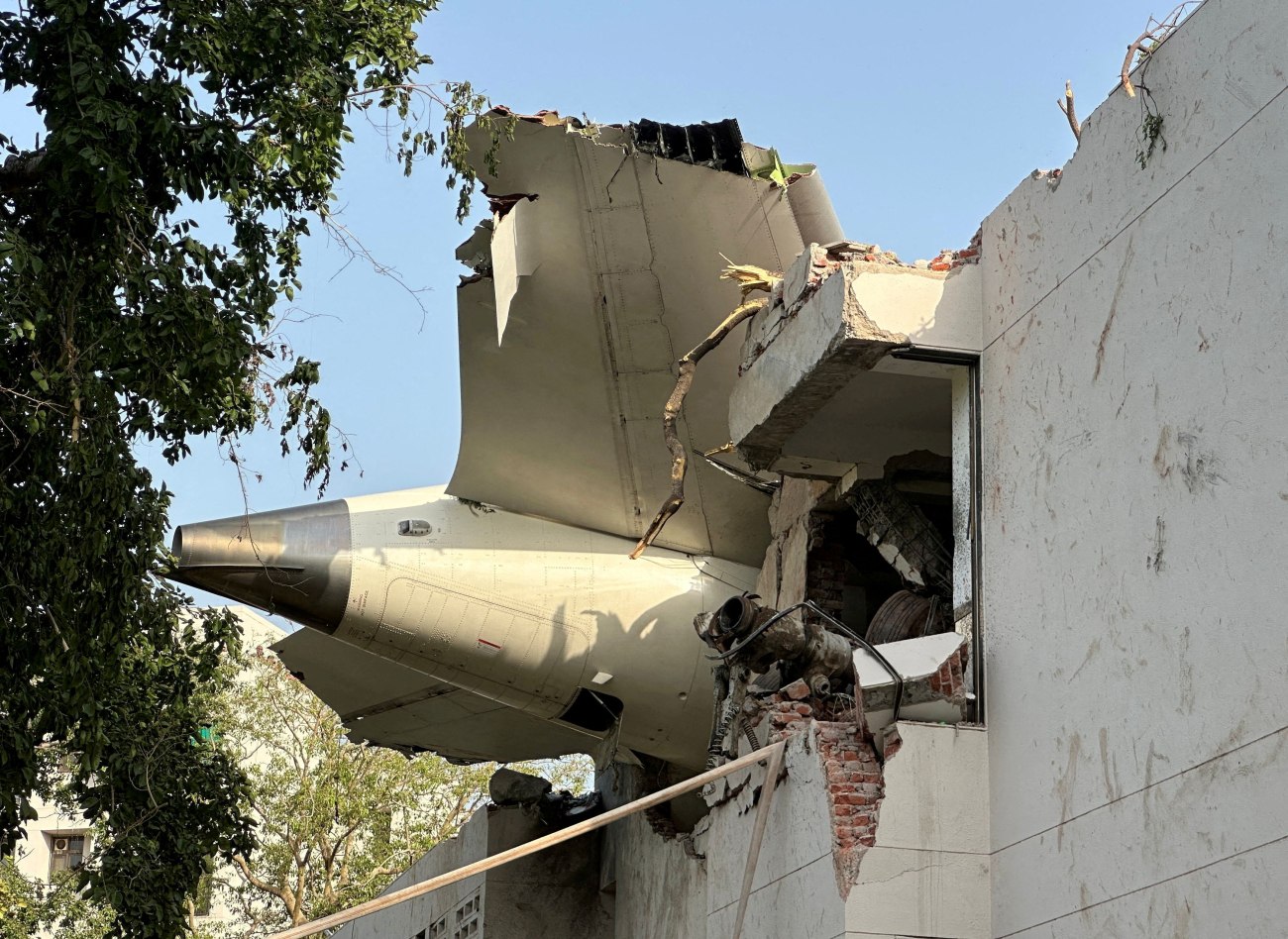KYSEA for the Middle East: Concern for ignition in the area – call for self -restraint
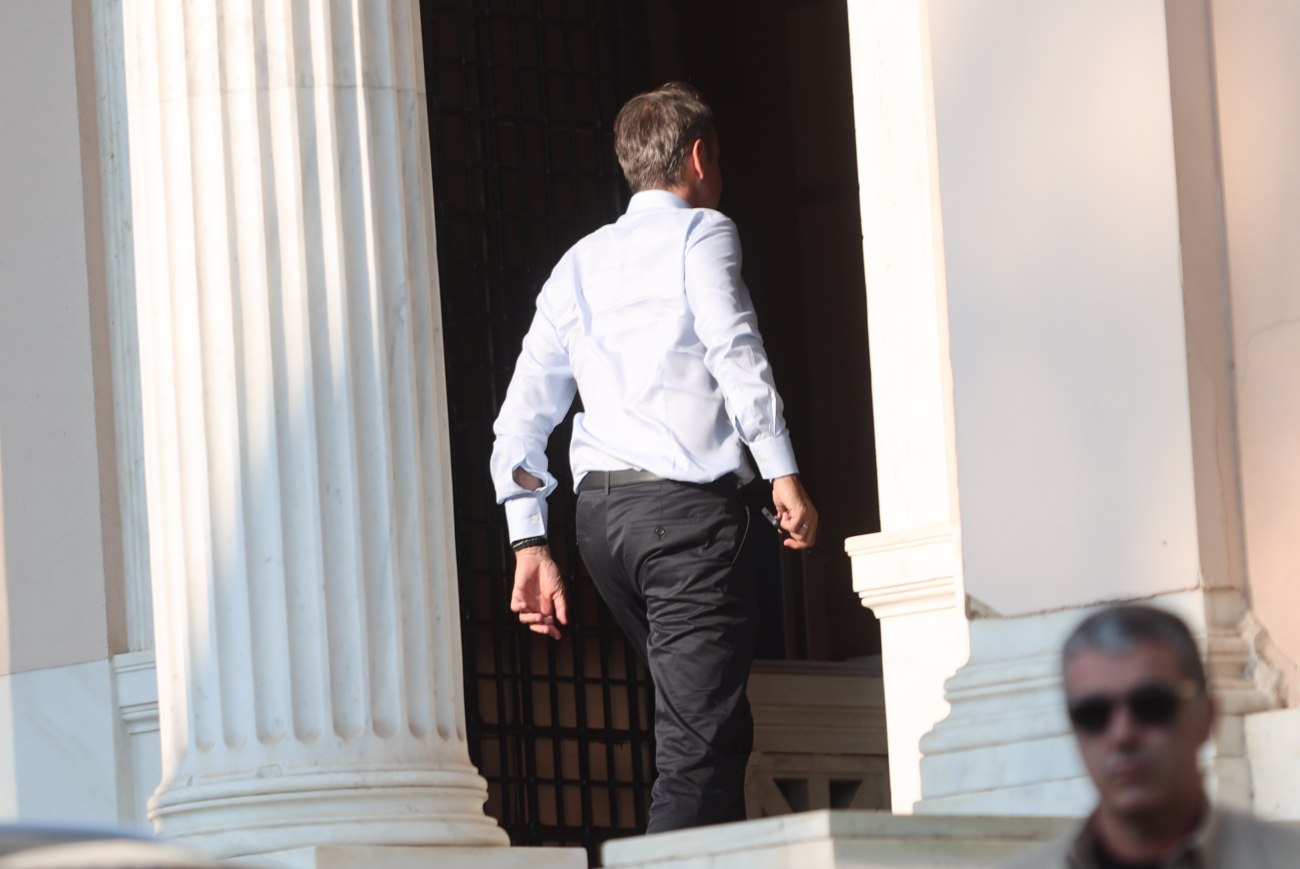
It was completed shortly after 19:30 on Friday, June 13th, the Extraordinary KYSEA at the Maximus Mansion under Prime Minister Kyriakos Mitsotakis for rapid developments in the Middle East.
It is noted that Mr Mitsotakis returned from Sweden on the occasion of developments, interrupting his visit to the strengthening of bilateral relations.
During the meeting, the latest developments in the Middle East were evaluated. Foreign Minister George Gerapetritis informed the situation in the Middle East and the assistance provided from the first moment to Greek citizens in Israel and Iran.
According to the Deputy Minister under the Prime Minister and government spokesman Pavlos Marinakis, the government is dealing with concern the developments that endanger serious ignition in the region.
The government « calls on the parties to demonstrate self -restraint and not to further escalate that will cause wider destabilization, » Mr Marinakis stressed.
According to the government, Greece’s firm position is that solutions must be sought through diplomacy.
« Greece will continue to work in this direction with partners and allies for the benefit of stability and security in the wider region, » the government spokesman concludes.
Earlier, the prime minister had a telephone conversation with Cyprus President Nikos Christodoulides in the afternoon. According to the announcement, the latest developments in the region, security parameters and possible consequences for regional stability were discussed.
See snapshots of arrival:
Prime Minister Kyriakos Mitsotakis
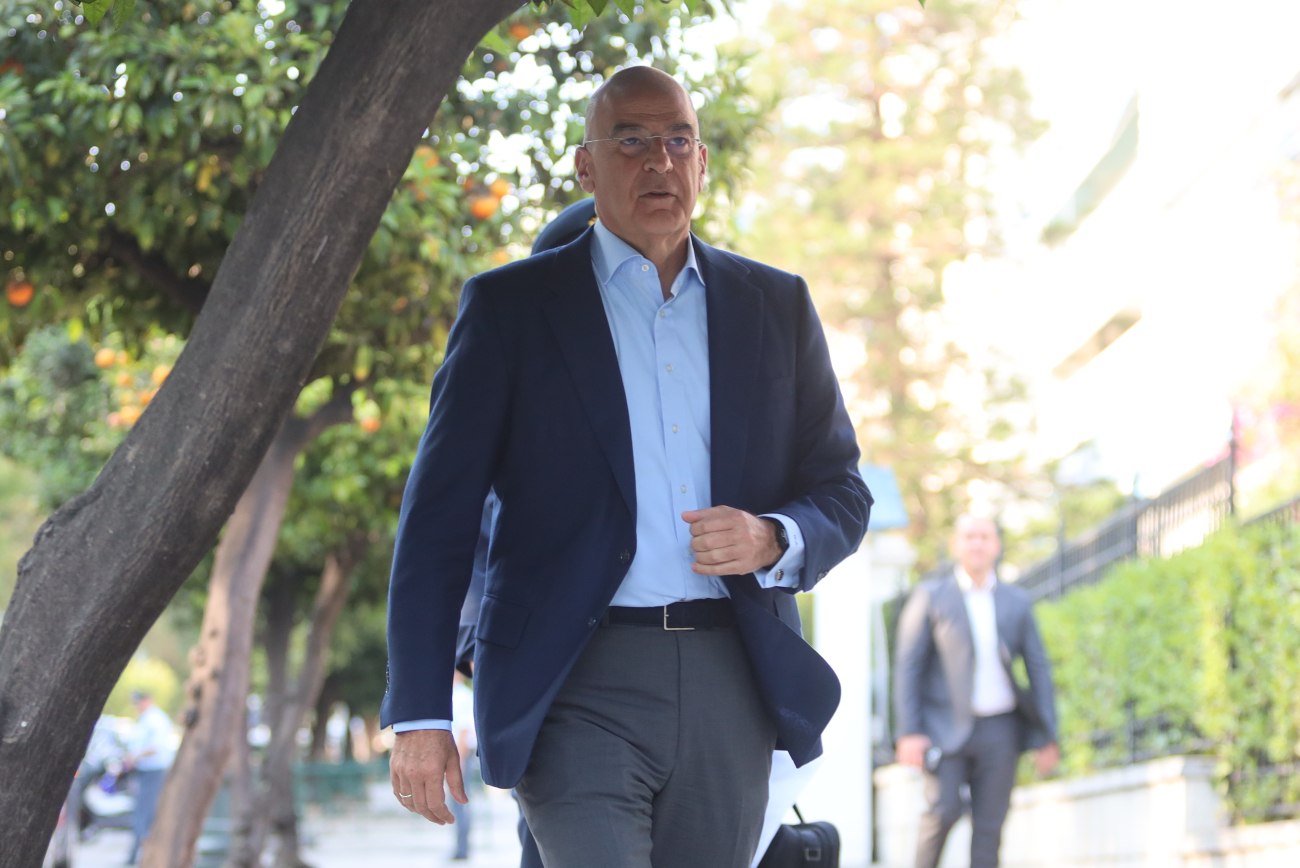
National Defense Minister Nikos Dendias
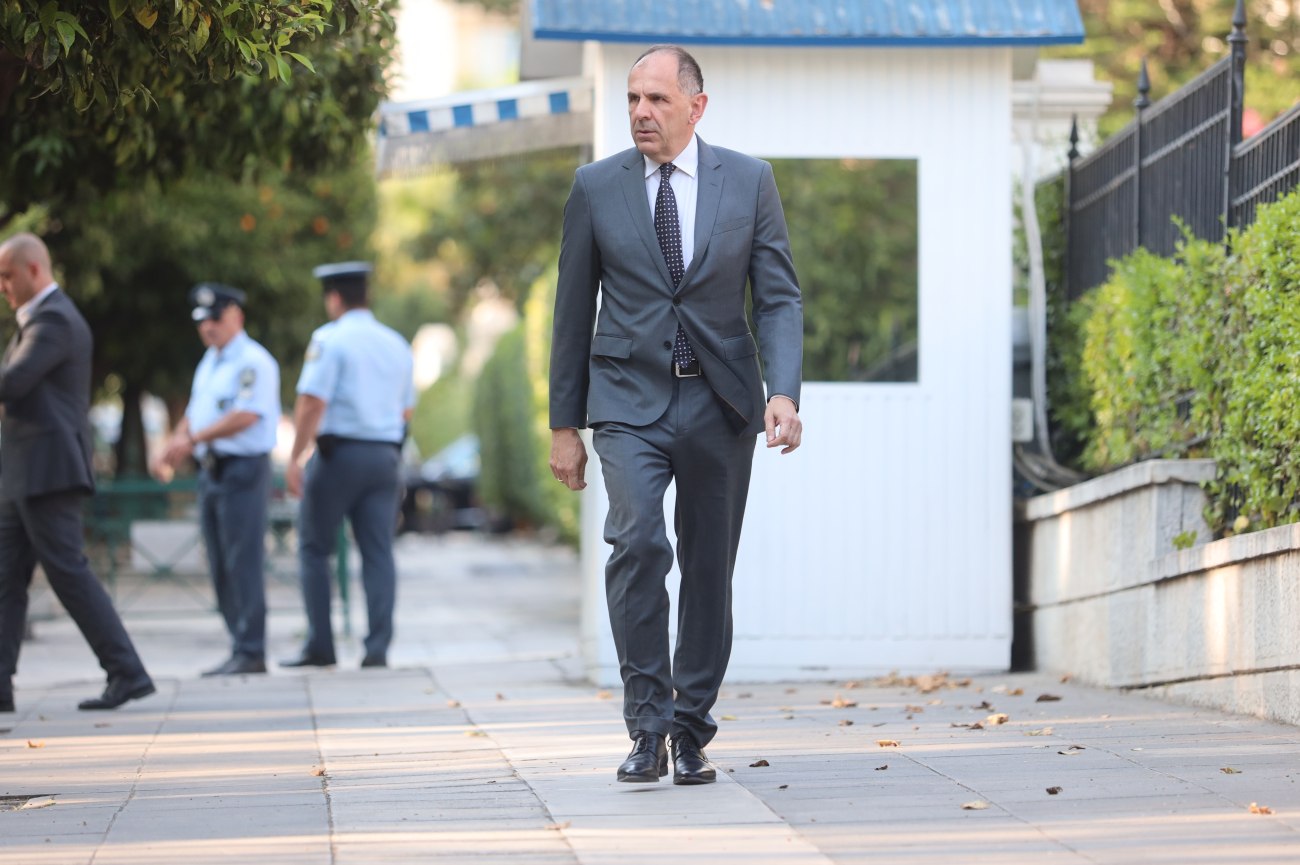
Foreign Minister George Gerapetritis
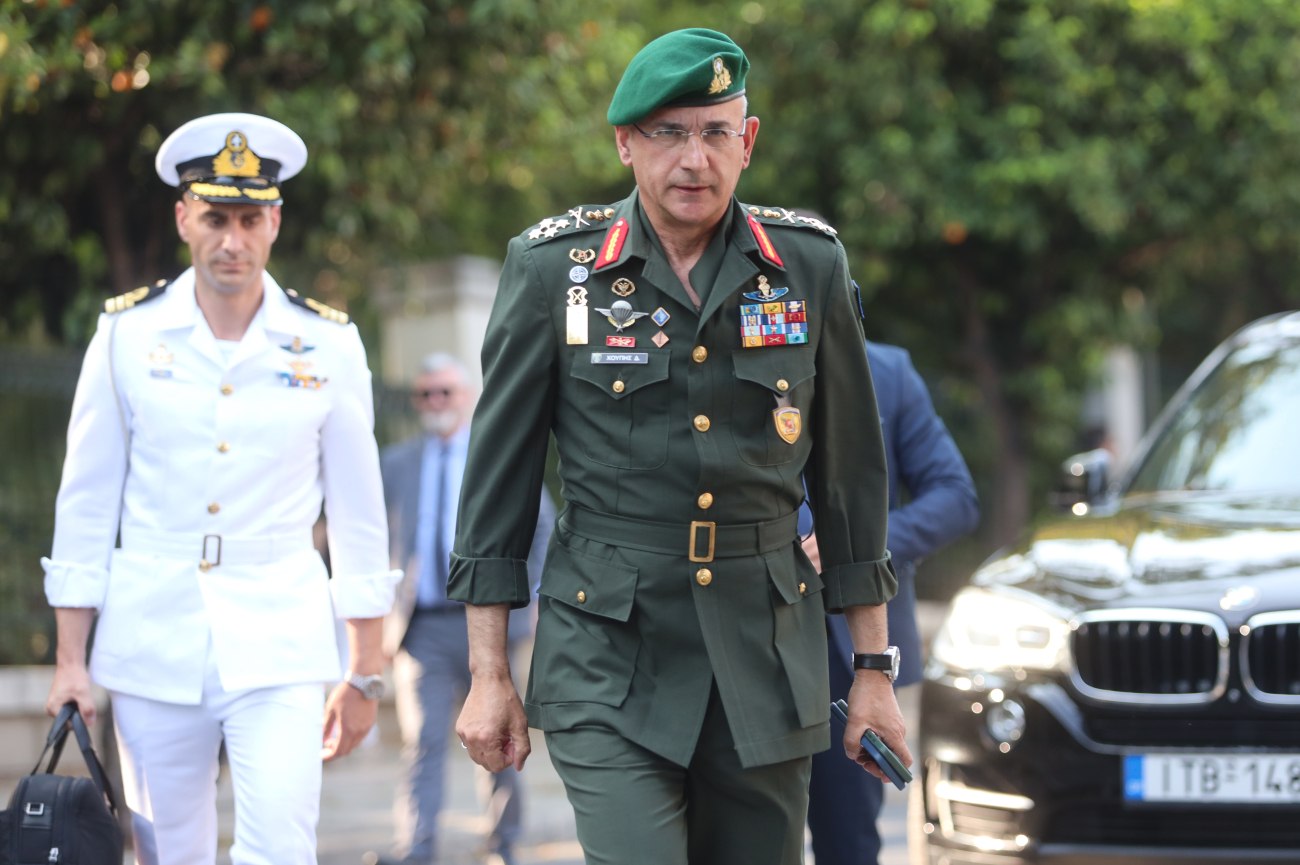
The Chief of General Staff Dimitrios Houpis
Video from the arrival of Mr. Dendia, Gerapetritis, Houpi:
The arrival of Kyriakos Mitsotakis:
Foreign Ministry’s announcements to Greek citizens in areas threatened with ignition
It is recalled that earlier, in a series of announcementsrooted The Foreign Ministry to Greek citizens located in Iran, Israel, Jerusalem, Jordan, Lebanon and the West Bank.
For Israel, the Ministry of Foreign Affairs, taking into account the state of emergency declared in the country, « recommends that Greek citizens in the country remain in a safe place, near the shelter, and to follow the instructions of local authorities. Israel’s airspace is closed and flights are not currently operating to and from Ben Gurion Airport. «
At the same time, the Ministry of Foreign Affairs has activated the Crisis Management Unit, while releasing the following contact phones: (+30) 210-3681350 and (+30) 210-3681730.
As for Iran, the Foreign Ministry, taking into account the security situation in Iran, recommends that Greek citizens are very careful, avoid unnecessary movements and follow the instructions of local authorities. Greek citizens can contact the Embassy of Greece at Tehran 277.
Finally, for the West Bank and Jerusalem, the Foreign Minister points out that « taking into account the security situation, it recommends that Greek citizens remain in a safe place, avoid moving and following the guidelines of local authorities ».
Greek citizens can contact the Consulate General of Jerusalem through the following telephone 00972 523032253 and e-mail [email protected].
For Jordan, the Ministry of Foreign Affairs, on the occasion of the closure of the Jordanian Air Area, recommends that Greek citizens, who are in the country, communicate with their airline, to be informed by official sources and to follow the guidelines of local authorities.
Greek citizens may contact the Greek Embassy in Amman, via 00962 795693000 and e-mail [email protected].
It was also announced that, as of 15.10.2023, a recommendation for avoiding, except for the absolutely necessary, visits to Lebanon.
Foreign Minister: International Community must take immediate action
At the same time, the Ministry of Foreign Affairs announced, stressing that « Greece is watching carefully in the wider Middle East area and acknowledges that any further escalation could be a major threat to regional and global stability. »
The Foreign Minister calls on « all parties involved to show the maximum restraint, to avoid military escalation and to use all the diplomatic means and dialogue channels available. »
Finally, he emphasizes that « the international community must take immediate action to prevent a regional conflict ».


